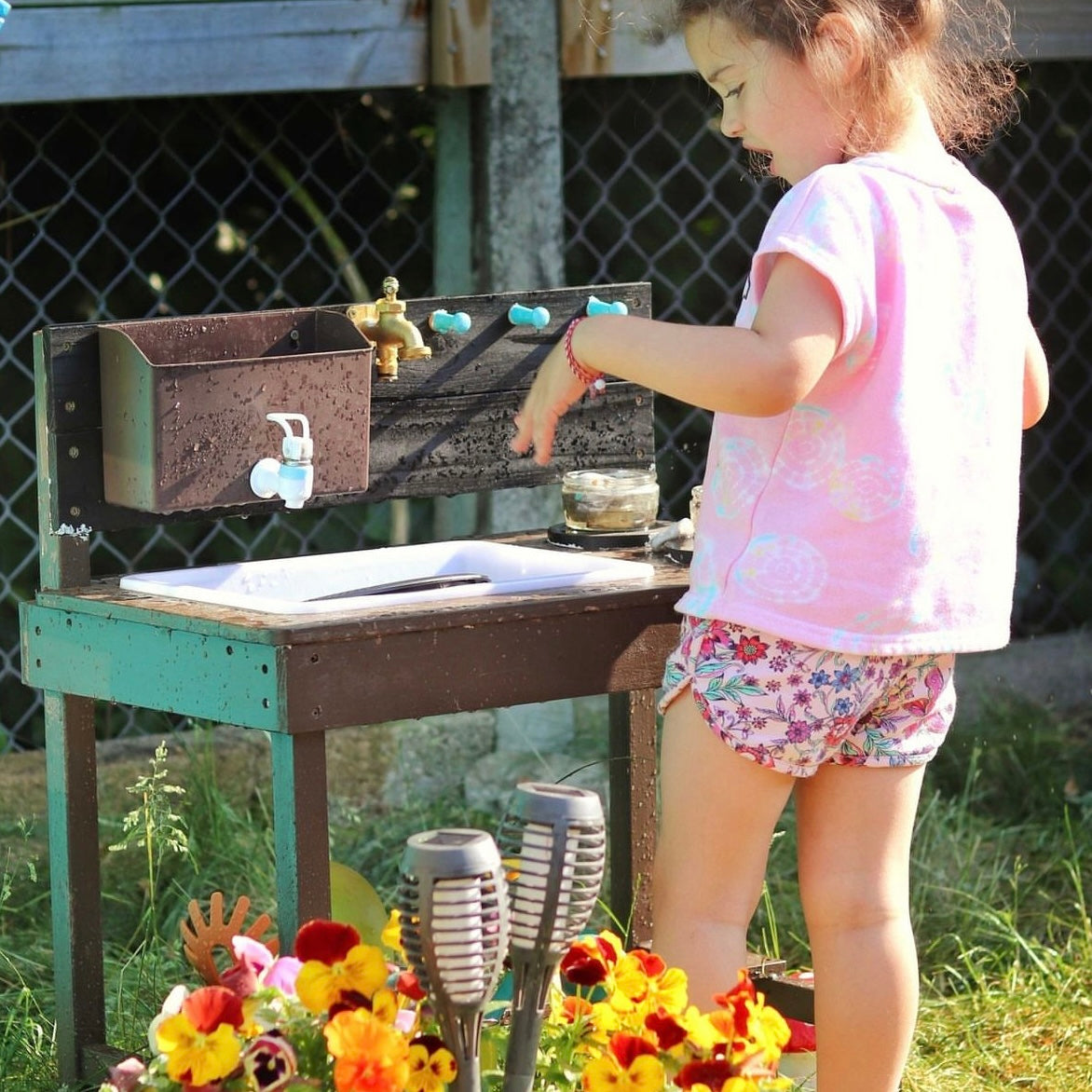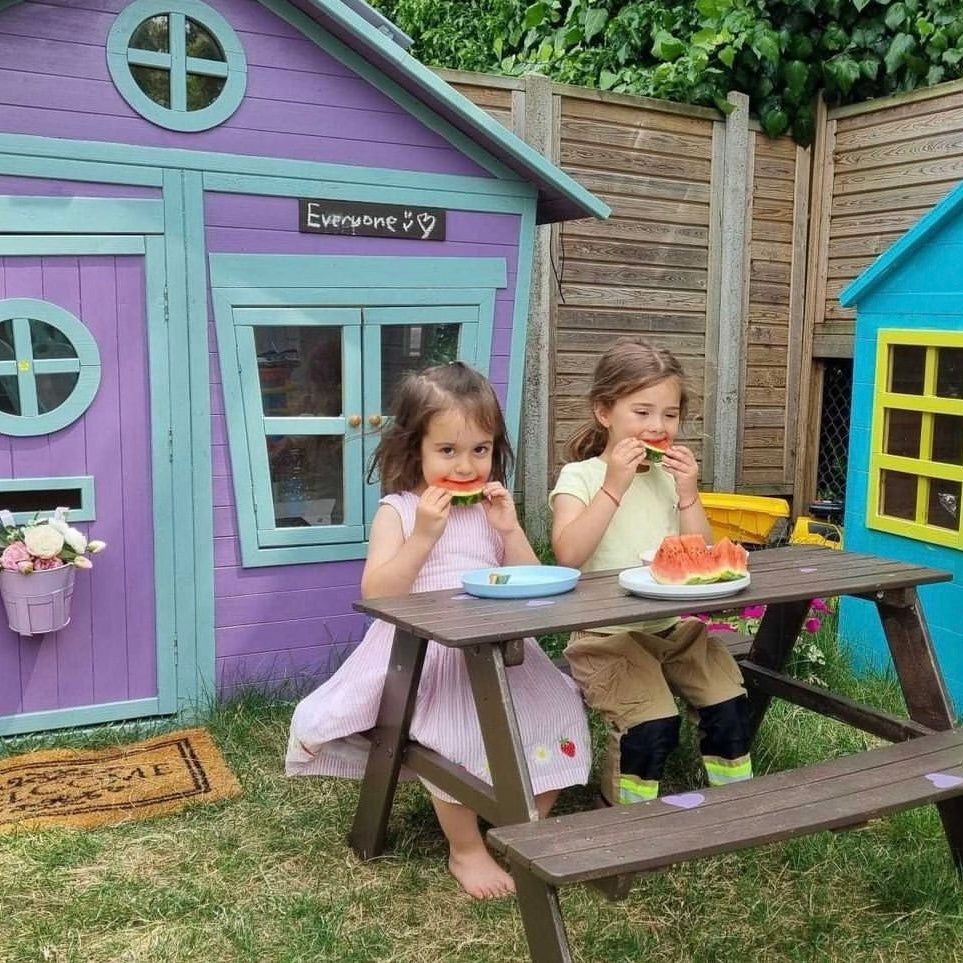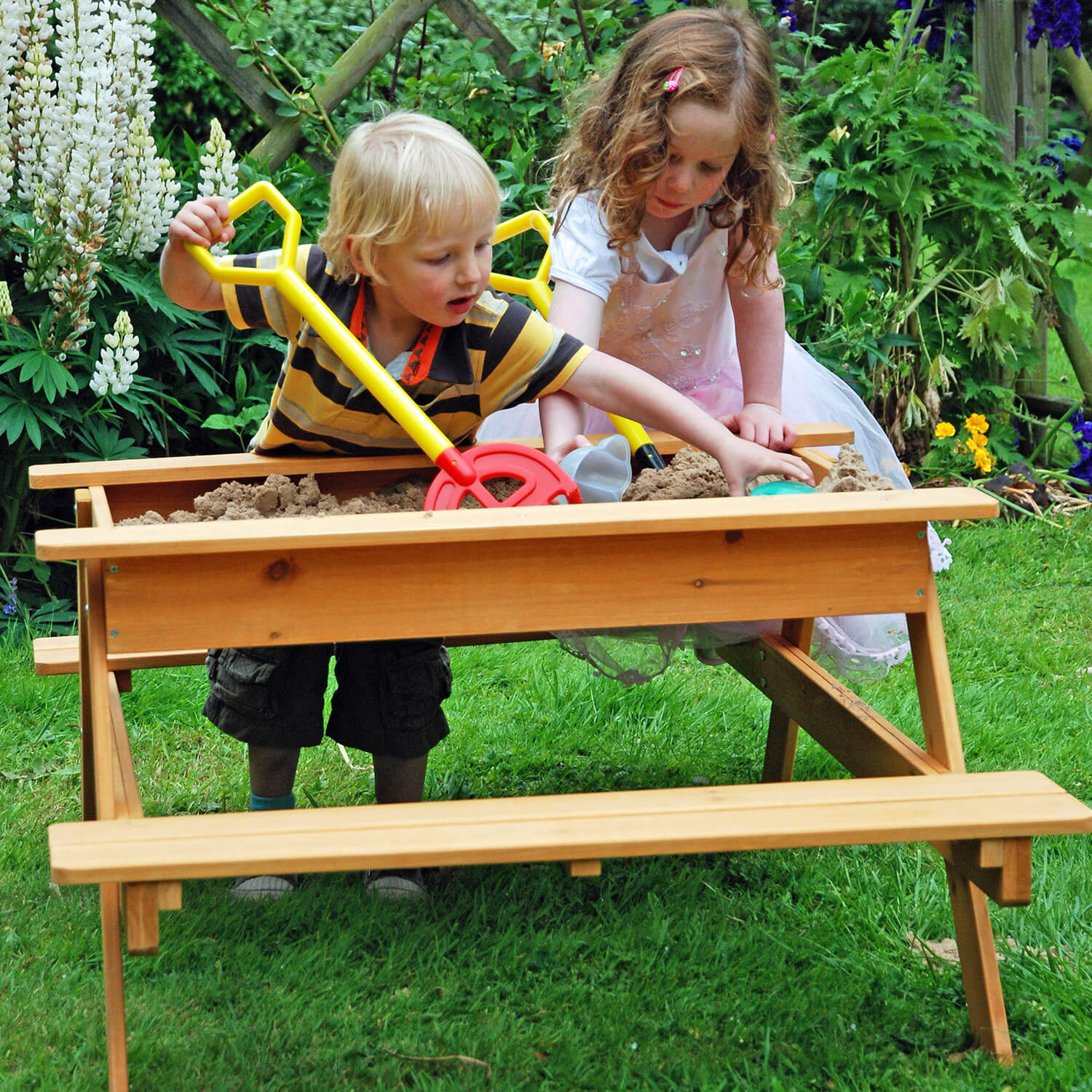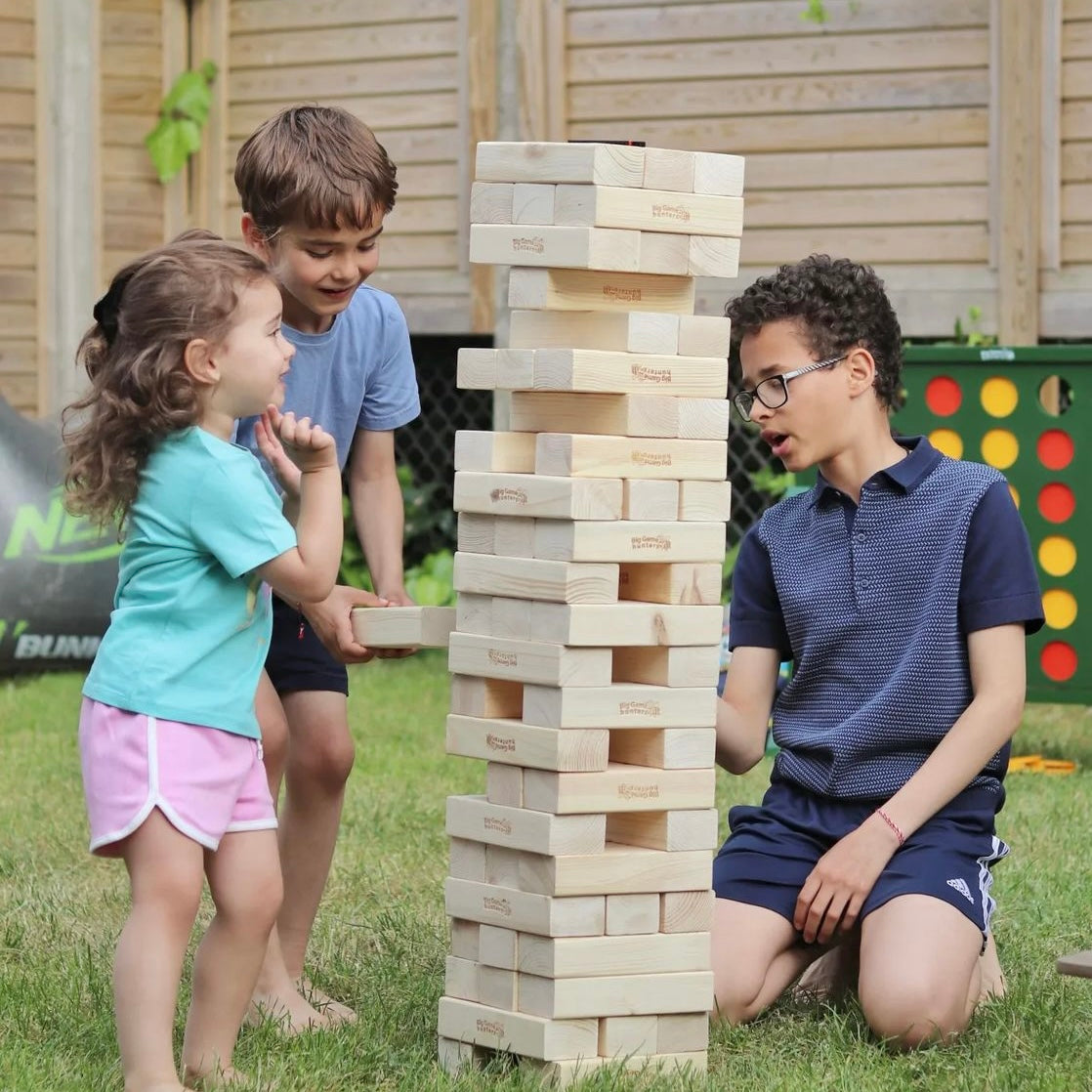Research papers and reports

Zooming in on Early childhood at Stepuptots
A Science and data based entreprise
We ground our early childhood work in rigorous research and data. Our commitment to evidence drives our designs, programs and initiatives, aiming to expand knowledge and best practices in the field.
Understanding public attitudes towards early childhood
Report produced by Ipsos on behalf of the Royal Foundation Centre for Early Childhood June 2023.
First in a series of 2023 reports.
Read report£45.5bn opportunity for UK from investing in early childhood
Report produced by Deloitte. Prioritising early childhood for a happier healthier society. How business can drive, and benefit from, transformative change in the UK.
Read reportEarly childhood and the developing brain by Richard Batcheler
The period of rapid brain development that takes place during pregnancy and early childhood provides the foundations for every individual’s future development, health and wellbeing.
Read case studyThe value of longitudinal studies during the early years
Tracking children through early childhood and beyond presents key opportunities for strengthening our understanding of early childhood providing evidence of why, what and how to support children and parents.
Read case studyThe origins of you: How childhood shapes later life
Does temperament in childhood predict adult personality? What role do parents play in shaping how a child matures? Is day care bad—or good—for children? Does adolescent delinquency forecast a life of crime? Do genes influence success in life? Is health in adulthood shaped by childhood experiences? The result is unprecedented insight into what makes each of us who we are.
Read paperChildren’s Emotional Development Is Built into the Architecture of Their Brains
Emotional development begins early in life. The ability to regulate one’s own emotions and manage successful interactions with other people is key for later academic performance, mental health, and social relationships.
Read paperEarly childhood inequalities
Inequalities in early childhood are concerning not only because of the implications for children’s immediate lives and well-being, but also because of their importance for later development. Early childhood is a critical period for laying healthy foundations for subsequent cognitive, social, emotional and physical development and functioning, which in turn play key roles in shaping people’s
social, health and economic trajectories.
Early Experiences Can Alter Gene Expression and Affect Long-Term Development
New scientific research shows that environmental influences can actually affect whether and how genes are expressed. In fact, scientists have discovered that early experiences can determine how genes are turned on and off and whether some are expressed at all.
Read paperBeware the pseudo gene geniesThis article is more than 9 years old by Adam Rutherford
After ‘nano’ and ‘quantum’, epigenetics, an important branch of biology, is the latest scientific buzzword to be hijacked by quackery. Epigenetics studies show some learned behaviours, such as fear or stress, can be passed down the generations, but so far only in rodents.
Read articleHow Society Fails Parents by Dr. Dana Suskind
Early childhood language exposure significantly impacts later life outcomes. While individual parenting matters, systemic changes are crucial to bridge the "word gap" between rich and poor children. Policies supporting families are essential to reduce childhood poverty, ultimately improving children's development.
Read articleThree Principles to Improve Outcomes for Children and Families
The science of child development and the core capabilities of resilient adults point to a set of “design principles” that policymakers and practitioners can use to improve outcomes for children and families. These include supporting responsive relationships for children and families, strengthening core skills, and reducing sources of stress.
Read guideServe and return interactions shape brain architecture
Because responsive relationships are both expected and essential, their absence is a serious threat to a child’s development and well-being. Healthy brain architecture depends on a sturdy foundation built by appropriate input from a child’s senses and stable, responsive relationships with caring adults.
Read guideBuilding a healthy brain
The world around a child has a significant influence on their development so valuing the role of parents, carers and families is crucial. We need to invest in their mental health and their emotional literacy in order to build their capacity to foster healthy relationships, since this is the foundation but we also need to prioritise mental health across society.
Read guideMontessori education's impact on academic and nonacademic outcomes
Montessori education outperformed traditional education on a wide variety of academic and nonacademic outcomes. For academic outcomes, Hedges'g effect sizes, where positive values favor Montessori, ranged from 0.26 for general academic ability (with high quality evidence) to 0.06 for social studies. The quality of evidence for language (g = 0.17) and mathematics (g = 0.22) was also high.
Read paperA Comparative Study of Montessori and Traditional Education Approaches
The analysis of cognitive development scores, as measured by the Wechsler Intelligence Scale for Children (WISC-V), reveals significant differences between students in Montessori and traditional education settings. Montessori students scored higher on average in areas of processing speed, working memory, and perceptual reasoning.
Read paperThe Montessori Method and Creativity | Journal of Applied Developmental Psychology
We explored the construct of creativity in the context of a Montessori environment. We used the Evaluation of Potential Creativity to measure creativity in children during one academic year. Results show that Montessori students performed somewhat better on the Evaluation of Potential Creativity assessment than similar non-Montessori students did.
Read paperEffects of Montessori education on the intellectual development in children aged 2 to 4 years
There were no significant differences in the intelligence growth level between the Montessori education and the traditional education groups at enrollment. After one year, the levels of fine movements, adaptation ability, language, and social behavior developments in the Montessori education group were significantly higher than those in the traditional education group.
Read paperPreschoolers’ Attitudes, School Motivation, and Executive Functions in the Context of Various Types of Kindergarten
The type of kindergarten attended has a significant effect on the child’s level of school performance motivation, attitudes toward school as well as executive functions. Significant differences were found between the different types of kindergartens and educational approach attended in the monitored variables.
Read paperAn Association Between Montessori Education in Childhood and Adult Wellbeing
Wellbeing predicts important life outcomes from happiness to health to longevity. Montessori enhances wellbeing with self-determination, meaningful activities, and social stability. Adults aged 18–81 filled out scales, with half attending conventional schools and the rest attending Montessori.
Read paperThe Marshmallow Test: Mastering self-control.
The Marshmallow Test sparked extensive research on self-control, revealing a strong link between early ability to delay gratification and later life success. This book explores the science behind self-control, its implications for individuals and society, and offers insights into how to cultivate and harness this crucial skill.
Read paper





